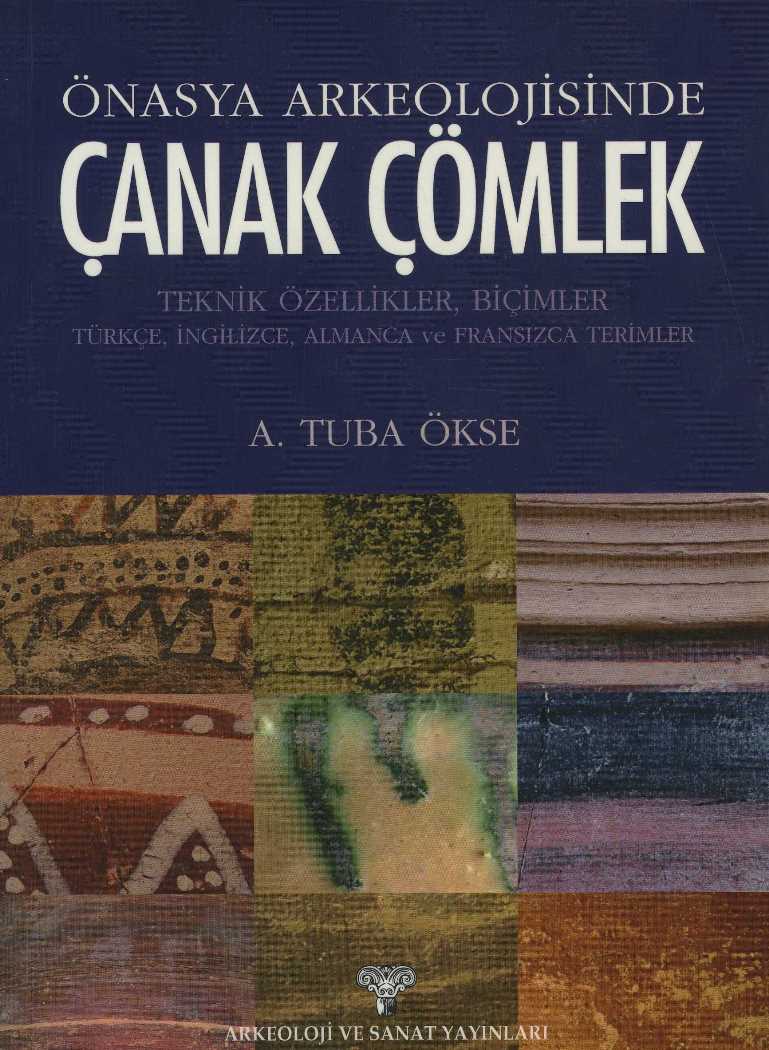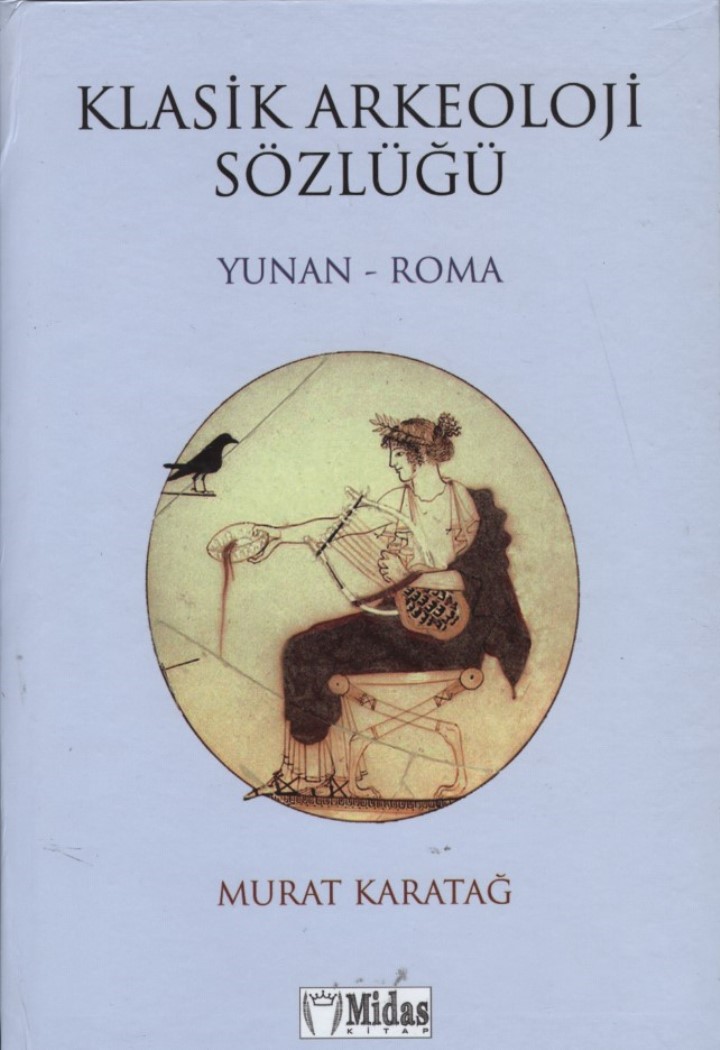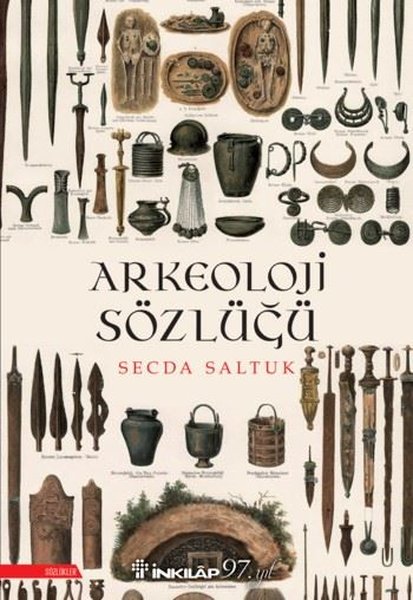What is Archeology?
What is archaeology?
Literally, ‘the study of ancient things’; the term archaeology has developed and grown to embrace a much wider set of meanings through common usage as the discipline itself has expanded and matured. Walter Taylor, writing in 1948, was confidently able to assert that: ‘Archaeology is neither history nor anthropology. As an autonomous discipline, it consists of a method and a set of specialized techniques for the gathering or “production” of cultural information.’
Operationally, archaeology has come to mean the study of past human societies and their environments through the systematic recovery and analysis of material culture or physical remains. The primary aims of the discipline are thus: to recover, record, analyse, and classify archaeological material; to describe and interpret the patterns of human behaviours that led to its creation; and to explain or develop an understanding of the reasons for this behaviour. In Europe and the Old World archaeology has tended to focus on the material remains themselves (sites and monuments), the techniques of recovering material, and theoretical and philosophical underpinnings inherent to achieving its goals. In the New World attention is directed more towards the subject matter and past human societies, and as such is considered one of the four fields of anthropology. In both traditions, the attainment of a broadly based archaeology involves multidisciplinary and interdisciplinary endeavour, and it can fairly be said that the discipline of archaeology is a broad church embracing an increasingly large number of different subdiscipline areas or branches.
Originally, archaeology was a descriptive science, documenting, defining, and classifying everything it came across and mainly concerned with the material itself. This developed into an explanatory discipline where interest focused on understanding the causes behind the patterns and the reasons for what could be observed with a consequent obsession with the processes and the methodology whether at the practical level or the theoretical level. Increasingly, attention is being directed to what archaeologists actually produce, the end result of their labours, with an inevitable swing towards concerns over the nature of discourse and the production of knowledge.
Darvill, Timothy. "archaeology." In The Concise Oxford Dictionary of Archaeology. : Oxford University Press,, 2008. https://www.oxfordreference.com/view/10.1093/acref/9780199534043.001.0001/acref-9780199534043-e-234.







